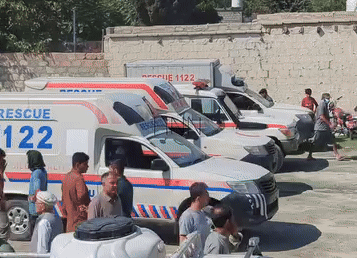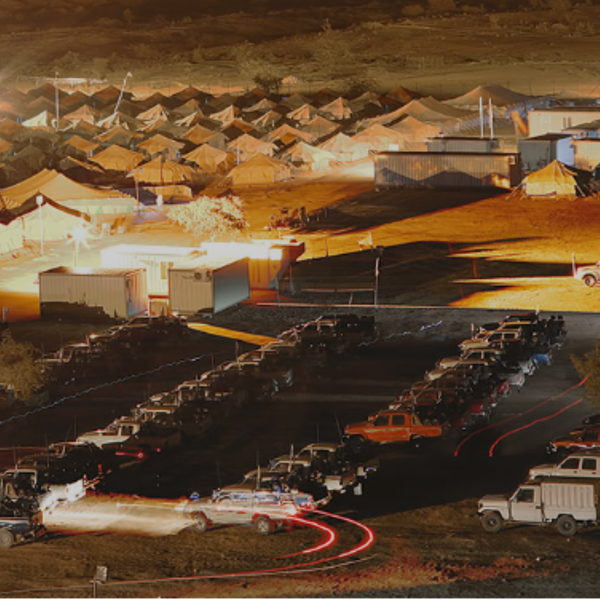Seven volunteers lose lives in water supply restoration effort in Pakistan’s north
The victims were part of a community-led effort in Gilgit-Baltistan region to clear flood debris from a water channel when a sudden landslide buried them

Haider Amin
Correspondent, Nukta
Haider Amin is a multimedia broadcast journalist with an experience of almost 18 years. Served media industry as reporter, associate executive producer and head of packaging department.

The dead were identified as Piyar Ali, Naik Alam, Adam Ali, Azharuddin, Afaq, Azhar and Dildar Hussain.
Courtesy: Rescue 1122
Seven volunteers were killed and six others injured on Monday while trying to restore a damaged water supply in the mountainous Gilgit-Baltistan region of northern Pakistan, officials said.
The victims were part of a community-led effort in the Manogah Nallah area of Danyore, near Gilgit city. They were clearing flood debris from a water channel when a sudden landslide buried them around 1:30 a.m., according to Gilgit-Baltistan’s Rescue 1122 emergency service.
The dead were identified as Piyar Ali, Naik Alam, Adam Ali, Azharuddin, Afaq, Azhar and Dildar Hussain. All were local residents who had volunteered after heavy rains and landslides damaged the region’s water infrastructure.
Days of intense rainfall since late June have crippled water supplies in parts of Gilgit-Baltistan, leaving communities without access to clean drinking water. Residents had taken matters into their own hands to reopen blocked channels when the fatal collapse struck.
Gilgit-Baltistan Chief Minister Haji Gulbar Khan expressed deep sorrow over the loss and offered condolences to the victims’ families. He ordered government departments to intensify rescue and relief efforts.
Funeral prayers were held in Danyore, drawing thousands of mourners in a show of grief and respect for the men who died serving their community.
The disaster comes as the effects of climate change intensify in Gilgit-Baltistan, home to more than 13,000 glaciers — the largest concentration outside the polar regions.
Scientists say these glaciers are melting rapidly due to rising temperatures, with exceptions in the Karakoram range, heightening the risk of floods and threatening long-term water security.
Pakistan’s temperatures rose twice as fast between 1981 and 2005 compared with the global average, according to climate experts.
The country’s 240 million people live mostly in arid or semi-arid areas and depend on rivers and streams fed by glaciers in Pakistan and neighboring countries for more than three-quarters of their water supply.










Comments
See what people are discussing